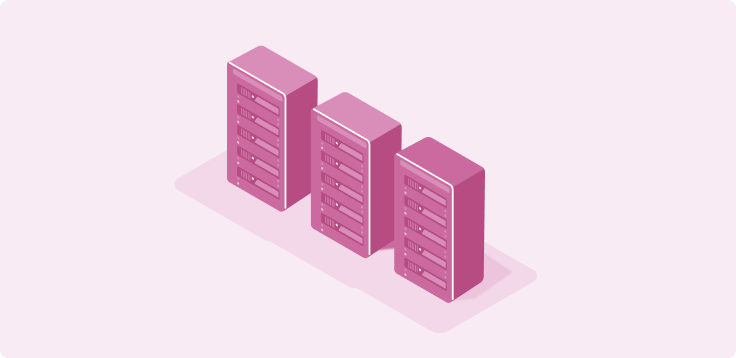May 15, 2024
Understanding Shared vs. Dedicated Proxy Servers: Which One is Right for You?

Navigating the realm of proxy servers can be daunting, especially if you're not well-versed in tech jargon. Fear not! Whether you're a newcomer to proxies or contemplating an upgrade, this guide aims to clarify the fundamental distinctions between shared and dedicated proxy servers, helping you determine the most suitable option for your needs.
What is a Proxy Server?
To begin, let’s define what a proxy server does. Essentially, a proxy acts as an intermediary between your device and the internet. By using a proxy, your internet requests are rerouted through a different IP address, enhancing privacy and enabling access to content that may be restricted in your geographical location.
Shared Proxy Servers
A shared proxy server is utilized concurrently by multiple users. Here are the key aspects to consider:
- Cost-Effectiveness: Shared proxies are typically more economical since the cost is divided among users.
- Performance Considerations: During peak times or with heavy usage, shared proxies may experience slower speeds.
- Resource Sharing: The activities of other users sharing the proxy can impact overall performance and reliability.
For those on a budget seeking basic anonymity and access to geo-blocked content, a shared proxy can be a practical choice.
Dedicated Proxy Servers
Conversely, a dedicated proxy server is exclusively allocated to one user. Here are its primary advantages:
- Enhanced Performance: With no sharing of resources, dedicated proxies generally offer faster and more consistent internet speeds.
- Control and Privacy: Users have full control over the proxy server’s resources and activities, ensuring privacy and security.
Dedicated proxies are particularly advantageous for users requiring reliable performance, such as for streaming high-definition content or engaging in online gaming.
Additional Considerations
When deciding between shared and dedicated proxy servers, several factors beyond cost and performance should influence your choice:
1. Usage Intensity: Consider how frequently and intensively you use the internet. Heavy users may benefit more from the reliability of a dedicated proxy.
2. Geographical Needs: If accessing region-restricted content is a priority, both shared and dedicated proxies can facilitate this, but with differing levels of efficiency.
3. Technical Support: Evaluate the level of technical assistance and customer support offered by the proxy service provider, which can be crucial in resolving any issues promptly.
Where to from here?
Understanding the nuances between shared and dedicated proxy servers empowers you to make an informed decision aligned with your browsing habits and requirements.
Whether you prioritize cost-effectiveness and basic privacy or demand consistent performance and control, choosing the right proxy server can significantly enhance your online experience.
So, feel equipped to select the optimal proxy server for your needs? Enjoy exploring the possibilities!
You might like these, too
Price Monitoring · 5 minutes read
Data Collection · 4 minutes read
Data Collection · 5 minutes read
